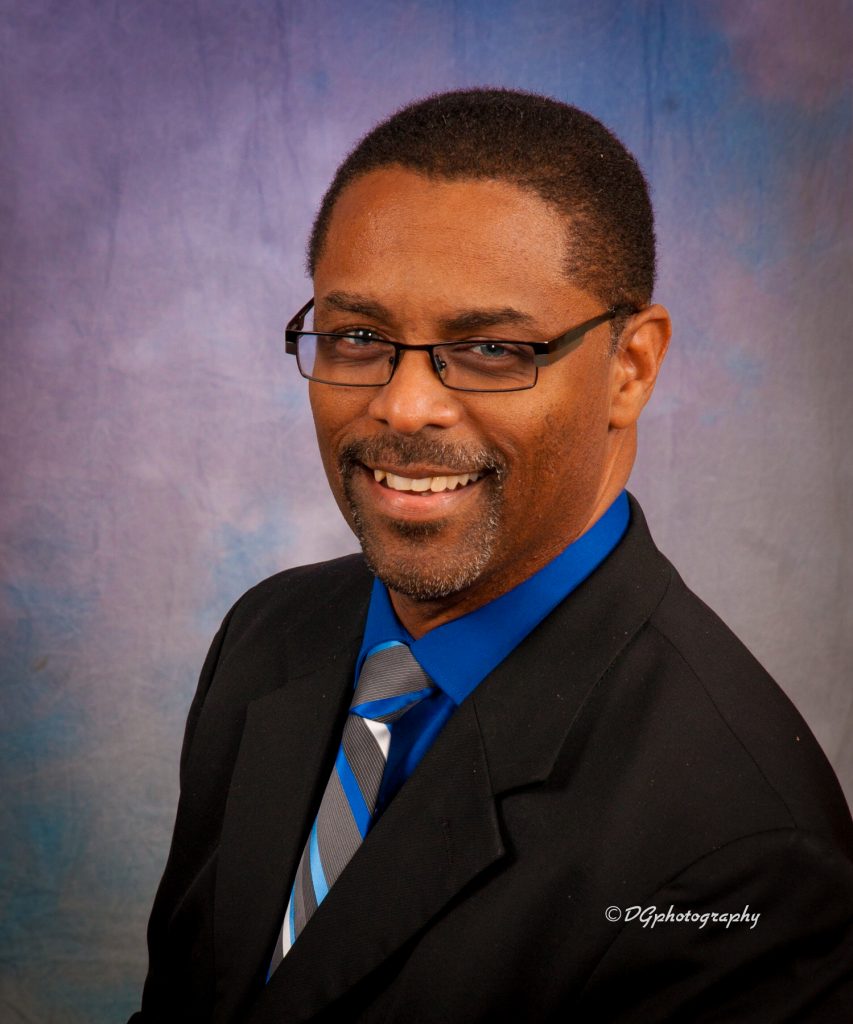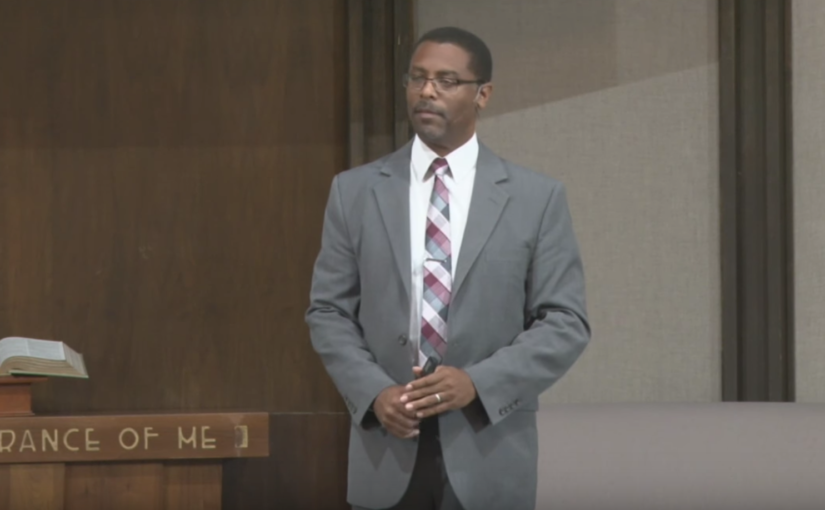On Sabbath we saw a side of Jesus that, at first glance, is disturbing. Rewind to Matthew 21:12-17. In Jesus’ cleansing of the temple, we learn powerful lessons on both prayer and revival. The first lesson is that revivals generally begin when the status quo becomes unbearable. For Jesus, the status quo of corruption in His Father’s house had become unbearable.
Colin Whitaker defines revival as “those special seasons of divine visitation when God the Holy Ghost quickens and stirs the slumbering Church of God.” In other words, revival is what happens when the Holy Spirit is in control of the church and is unleashed in the society.
When God moves in power like this, it often disturbs the peace and upsets the old order of things. Examples of this on a personal level can be found in the stories of Blind Bartimaeus (Mark 10:46-52); the woman with the hemorrhage (Mark 5:25-34); and the paralytic (Mark 2:1-12). These examples show us that sometimes faith and effectual prayer call on us to disturb the peace.
God wants to disturb the peace of our resistance to having our peace disturbed. Some people do not want to be disturbed. But there is a promise to those who do: “Then [with a deep longing] you will seek Me and require Me [as a vital necessity] and [you will] find Me when you search for Me with all your heart. (Jer. 29:13, Amp)
“There is nothing that Satan fears so much as that the people of God shall clear the way by removing every hindrance, so that the Lord can pour out His Spirit upon a languishing church and an impenitent congregation.” (1 SM, 124)
To “languish” is to fail in strength; exhibit signs of approaching death; be weak or faint; to undergo neglect or experience prolonged inactivity. (Like Bartimaeus, the Woman with the hemorrhage, and the paralytic.)
“Impenitent” means “Not feeling regret for ones sin or sins.” In other words you’re in bad shape but OK with it. Unlike Bartimaeus and the others who disturbed the peace, the church tends to make peace with its paralysis. The prolonged inactivity has become the status quo. As long as the church remains in this condition, satan has nothing to worry about.
But “When the way is prepared for the Spirit of God, the blessing will come. Satan can no more hinder a shower of blessing from descending upon God’s people than he can close the windows of heaven that rain cannot come upon the earth. Wicked men and devils cannot hinder the work of God, or shut out His presence from the assemblies of His people, if they will, with subdued, contrite hearts, confess and put away their sins, and in faith claim His promises.” (1SM, 124)
The way is prepared in prayer. Revival comes only in answer to prayer—prayer that disturbs the peace of paralysis. In the cursing of the fig tree, Jesus again teaches on prayer (Matt. 21:22), letting us know that believing prayer gets rid of the obstacles to God and overturns all pretense of piety.
What are the results of prayer that disturbs the peace? Rewind again to Matt. 21:12-15 and note the following points:
- Purity and the presence of God (vs 12). Jesus comes in to clean up the mess.
- Prayer (vs. 13). The priority of prayer is restored.
- Power & Ministry (vs. 14). People are set free from bondage.
- Praise among the young! (vs. 15). “Your sons and your daughters will prophesy, your young will see visions. Even on my servants, both men and women, I will pour out my Spirit in those days.” (Joel 2:28, 29)
Ask yourself, “What do I believe in to the point of sacrifice?” What are the status-quo areas of your life that need to be disturbed? Pray for the strength and courage to ask God to come and do a work of cleansing in your heart to prepare the way for His Spirit to do a new thing. I’m praying with you. –Pastor Randy
P.S. Join your brothers and sisters all across the Washington Conference in The Altar Project–30 days of prayer to restore the family altar. Highlight Oct. 12 through Nov. 10 on your calendar and watch for more details on this conference-wide call to prayer.





